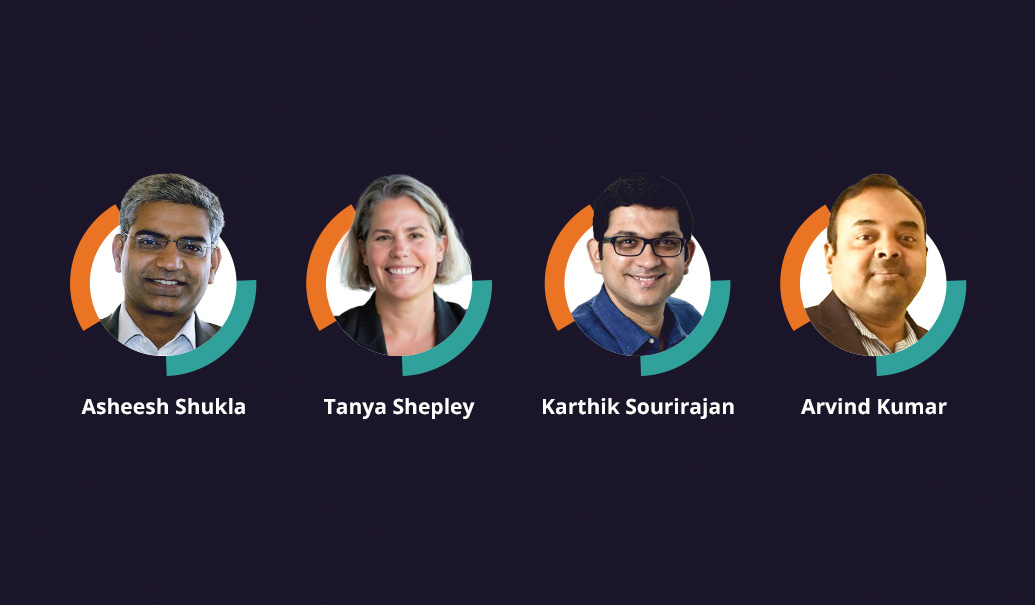ZS completed an in-depth study to better understand the state of field engagement between life sciences and their customers, specifically health care providers. It looked closely at five key areas of field engagement including customer preferences and engagement dynamics, hybrid field engagement, field role expansion and operating models, analytics-driven customer engagements and new standards in field competencies and coaching.
While the primary focus was on sales reps and sales managers, the study also illuminated collaboration dynamics between sales reps and other field roles, such as medical science liaisons (MSLs). Research participants included sales reps, first line managers (FLMs), key account managers (KAMs), sales leaders and MSLs at approximately 15 companies that included top 30 pharma businesses, specialty biotech and medtech.
It’s time for the field engagement model to evolve
What’s clear, based on this study, is that pharma’s commercial model needs to become even more customer centric to prepare for a future where access to providers becomes even more constrained, launches become much smaller and more frequent, customer engagements become increasing omnichannel and digital and operational budgets continue to tighten. The field engagement model will need to elevate across several vectors, including modality of interactions, application of customer analytics and more purposeful organizational collaboration.
What should life sciences companies do next?
The hybrid movement has gone sideways, and the industry is currently over-indexed on face-to-face interactions. We believe over time, however, that the hybrid model will become dominant once the industry demonstrates tangible progress in four key areas:
- Enhance digital capabilities for the field including training on virtual platforms and virtual delivery, building interactive content and enabling innovative digital channels to orchestrate with the field.
- Innovate new operating models that will foster new field roles or role combinations, strengthen collaboration and dynamically deploy hybrid model archetypes depending on portfolio life cycles and customer preferences.
- Accelerate field transformation programs with more predictive intelligence to assist with patient finding, omnichannel harmonization and dynamic targeting recommendations.
- Advance training and coaching significantly with programs that cultivate new competencies to prepare for the explosion of changes affecting reps today.
Want more on this study? Get the details from our experts.
Add insights to your inbox
We’ll send you content you’ll want to read – and put to use.
















